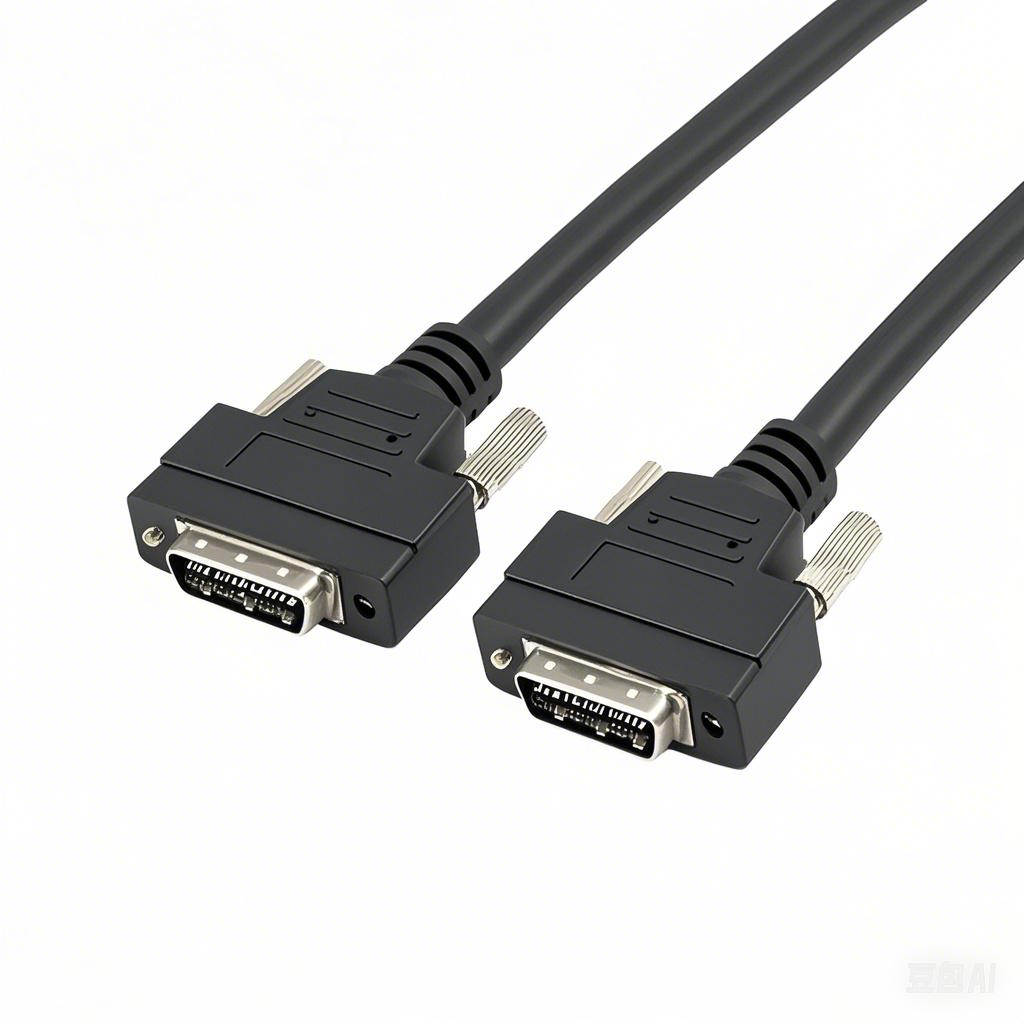Are there flame-resistant machine cable options
The short answer is yes—flame-resistant machine cables are widely available and essential for industrial environments where equipment operates near high temperatures, flammable materials, or electrical hazards. Unlike standard machine cables, these specialized cables are engineered to slow or stop flame spread, prevent toxic smoke release, and maintain electrical functionality during fire incidents—protecting both machinery and personnel.
Common Types of Flame-Resistant Machine Cables
Industrial applications demand diverse flame-resistant designs, tailored to specific temperature, mechanical stress, and environmental conditions. Here are the most practical options:
1. PVC-Free Flame-Resistant Cables
Made with halogen-free, low-smoke (LSOH) insulation (e.g., polyethylene or ethylene propylene rubber), these cables avoid releasing toxic chlorine gas when exposed to fire—critical for enclosed spaces like manufacturing plants or data centers. They typically resist temperatures up to 105°C and excel in applications with moderate mechanical wear, such as conveyor systems or packaging machinery.
2. Silicone-Insulated Flame-Resistant Cables
Silicone insulation enables superior high-temperature resistance (up to 200°C, with some grades handling 260°C short-term). These cables also maintain flexibility in cold environments (-60°C) and resist oil, ozone, and chemical splashes—ideal for automotive assembly lines, 冶金 (metallurgy) equipment, or industrial ovens where heat and mechanical movement coexist.
3. Mineral-Insulated Copper-Clad (MICC) Cables
For extreme conditions (e.g., steel mills, power generation), MICC cables use copper sheaths filled with magnesium oxide (MgO) as insulation. They withstand temperatures over 750°C, are fully fireproof, and offer excellent corrosion resistance. While stiffer than polymer-insulated cables, they are indispensable for machinery requiring uninterrupted power during fires, such as emergency shutdown systems.
Core Performance Criteria for Reliability
Flame resistance alone is not enough—machine cables must balance fire safety with industrial durability:
- Flame spread rating: Compliance with global standards (e.g., UL 1685 for vertical flame spread, IEC 60332-1 for single-cable flame tests) ensures consistent performance.
- Mechanical resilience: Reinforced jackets (e.g., polyurethane or nylon) resist abrasion, bending, and impact—critical for cables moving with robotic arms or heavy machinery.
- Electrical stability: Low capacitance and high insulation resistance prevent short circuits, even in high-humidity or dusty environments.
How to Choose the Right Option
To match cables to your equipment:
- Assess temperature range: Use silicone or MICC cables for high-heat processes; PVC-free options for moderate temperatures.
- Check environmental exposure: Prioritize oil-resistant jackets for automotive or hydraulic machinery, and halogen-free designs for indoor facilities.
- Verify certifications: Look for UL, CE, or GB (China) marks to ensure compliance with local safety regulations.
Why Choose FRS Flame-Resistant Machine Cables
At FRS, we design flame-resistant machine cables to meet the exact demands of industrial users. Our product line covers PVC-free LSOH cables, high-temperature silicone cables, and MICC solutions—all tested to UL 1685, IEC 60332-1, and other global standards. We offer customizations for voltage (600V to 10kV), jacket material, and length, ensuring a perfect fit for conveyor systems, robotics, or heavy manufacturing. Every cable undergoes strict flame spread, mechanical wear, and electrical stability tests before leaving our factory—delivering the safety and durability your machinery relies on. For flame-resistant machine cables you can trust, FRS is your reliable partner.











